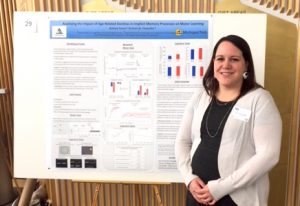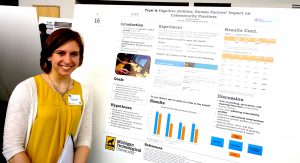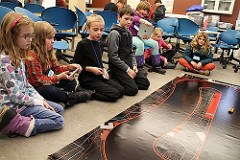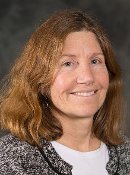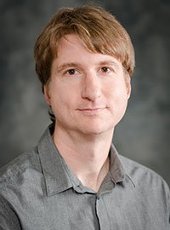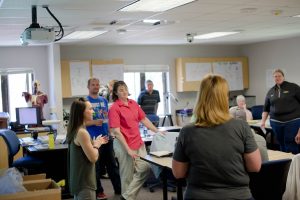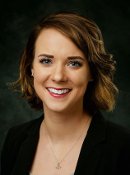 Applied Cognitive Science & Human Factors student Madeline Peabody will defend on Friday, March 31 from 12:00 pm to 1:00 pm in Meese Center 109. Her advisor is Elizabeth Veinott.
Applied Cognitive Science & Human Factors student Madeline Peabody will defend on Friday, March 31 from 12:00 pm to 1:00 pm in Meese Center 109. Her advisor is Elizabeth Veinott.
Title: Improving Planning: Quantitative Evaluation of a Premortem in Field and Laboratory Settings
Abstract: Planning can be difficult and developing techniques for evaluating plans has been limited. This thesis compares different plan evaluation techniques in a series of experiments.
The main techniques discussed are the Premortem Method and Worst-Case Scenario Method. The Premortem plan evaluation method can help people reduce overconfidence and generate more reasons a plan might not succeed. Only one experiment has validated this technique; therefore, one goal of the present series of experiments is to qualitatively and quantitatively examine the effectiveness of the Premortem Method in several different planning situations.
This research evaluates the extension of the Premortem to shorter planning time periods, evaluates the effectiveness with team generated and executed plans, and compares the use of this technique among individuals and teams. In Experiment 1, 52 Army Cadets operating in teams completed six time-constrained field exercises that required planning, half using the Premortem and half using a standard Military plan evaluation process. Compared to a control condition, when teams used the Premortem they had fewer fouls and less fixation with no change in execution time. In Experiment 2, 72 individual participants from university organizations used the Premortem Method or Worst-Case Scenario Method to evaluate their group’s plan for an engineering task.
Results from Experiment 2 indicated that there was no statistically significant difference in the number of reasons and solutions generated between methods. To further examine the relative effectiveness of these two plan evaluation methods, and the influence of group dynamics, Experiment 3 compared the efficacy of the Premortem and Worst-Case Scenario Method among groups and individuals in face-to-face settings with a complex and unfamiliar plan. Eighty-two participants generated more reasons with the Premortem Method than the Worst Case Scenario Method, and groups generated more solutions than individuals did.
Overall, the participants in groups using the Premortem Method produced more reasons and solutions than participants using the Worst-Case Scenario Method and individual participants using the Premortem Method. These studies extend prior work by validating that the Premortem is effective in short planning horizons, demonstrating that it works for individuals and teams, and clarifying potential boundary conditions. This research advocates several directions for future research, and suggests possibility of future implementation as a virtual tool or application.

